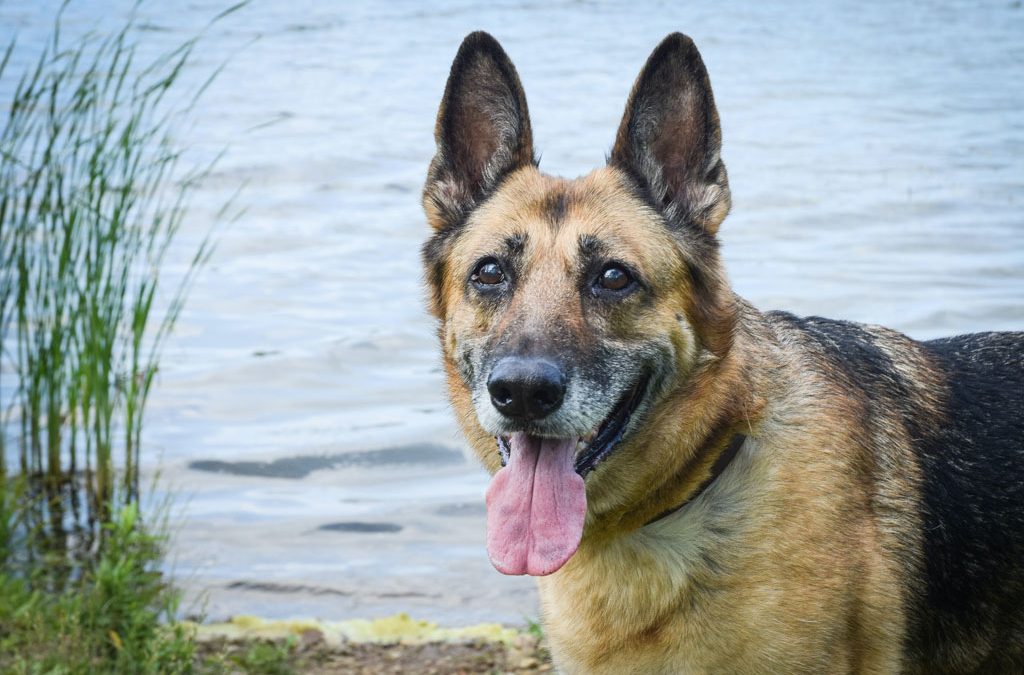


Anesthesia Free Dental Awareness
Caution! Anesthesia free dentals are not all they are cracked up to be. There has been an increasing number of companies advertising anesthesia free dentals. They emphasize how safe and healthy this is for your pet. It would be great if this were true, but we want to...
New Respiratory Illness in Dogs
We know many of you have become aware of a new respiratory illness affecting dogs in some parts of the country, and there have been suspected cases in Florida. While we don’t know much about it yet, we do know that the symptoms are similar to those of canine influenza...Update: Covid-19 Policies – December 2021
Due to the recent rise in Covid cases we are requiring masks to be worn inside the hospital by both staff and clients regardless of vaccination status. Thank you for your understanding. BlogNews Contact UsRegular check ups with a veterinarian are important for your...
Canine Gastropexy Surgery
A gastropexy is a surgical procedure that involves tacking the outside of the stomach to the abdominal wall. Why would this ever need to be done? Bloat is a critical condition seen in dogs, particularly large, deep chested breeds. An excess of gas production in the stomach will inflate the stomach excessively.
COVID-19 Temporary Policies
We encourage limiting appointments to sick and urgent matters at this time. Annual vaccinations and other routine appointments should wait until restrictions are lifted.
